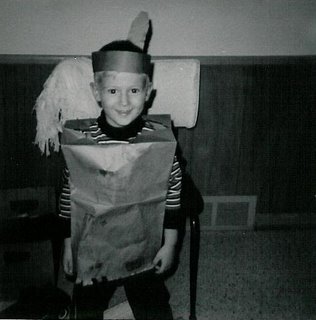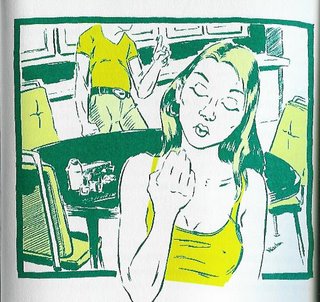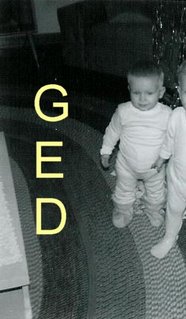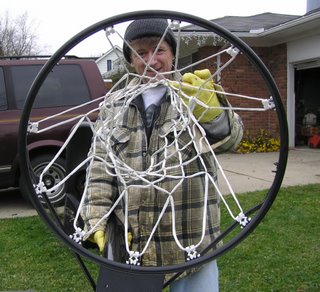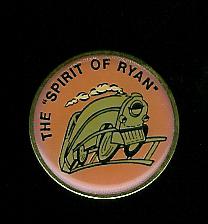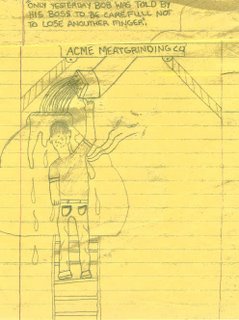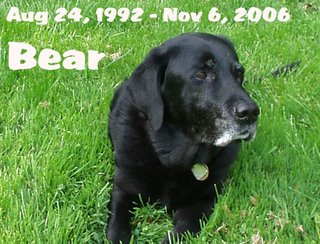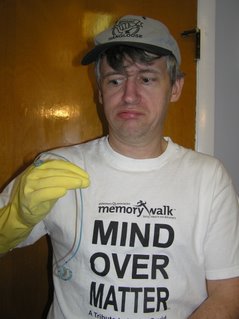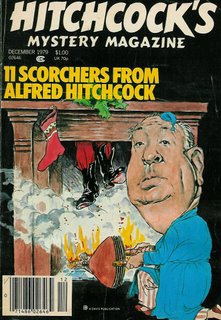 After college, living in New York City, it seemed like everyone was a writer. They were working on novels, writing plays and destined for greatness. Or so I convinced myself. They were 'real' writers; I was a fake and it was only a matter of time before they found me out.
After college, living in New York City, it seemed like everyone was a writer. They were working on novels, writing plays and destined for greatness. Or so I convinced myself. They were 'real' writers; I was a fake and it was only a matter of time before they found me out.—Joel Saltzman
Once again, I made an excuse not to finish a post (Nov. 30th); I wouldn’t exactly call it writer’s block either. I had stepped up to the plate but couldn’t follow through on my swing—What, am I sick? The post should have started like this: When a man was pummeled to death with a baseball bat they tried to pin the blame on my friend, the athletic director. I started to wonder whether this would be appropriate material, afterall, someone had died, and on a lesser note, baseball season had ended. I decided not to pursue it any further. I even scrapped the childhood photo of myself holding a bat. Perception is everything.
I decided to write about something less volatile and timelier: There’s a saboteur in my building. This seemed appropriate. I had come home from work Wednesday evening, upset about a serious confrontation I had with a mentally unstable coworker. I stared at the sentence. Too soon. Too soon. I needed more time to reflect.
I decided to do a self-examination of my previous posts instead. Here’s what I discovered: Since last week, Black Friday to be exact, I’ve included some very bleak characters: a quadriplegic, a former student and two-time loser, and a former alcoholic coworker. Let’s not forget my rejection notices also.
I need something to snap me out of my pre-holiday doldrums. Christmas is fast approaching. I should write something cheerful. Chestnuts roasting on an open fire. Jack Frost nipping at your nose. Or how about Alfred Hitchcock fanning the flames as Santa comes down the chimney? Hey, at least Santa’s not chained up, at least he still has a chance to escape.






